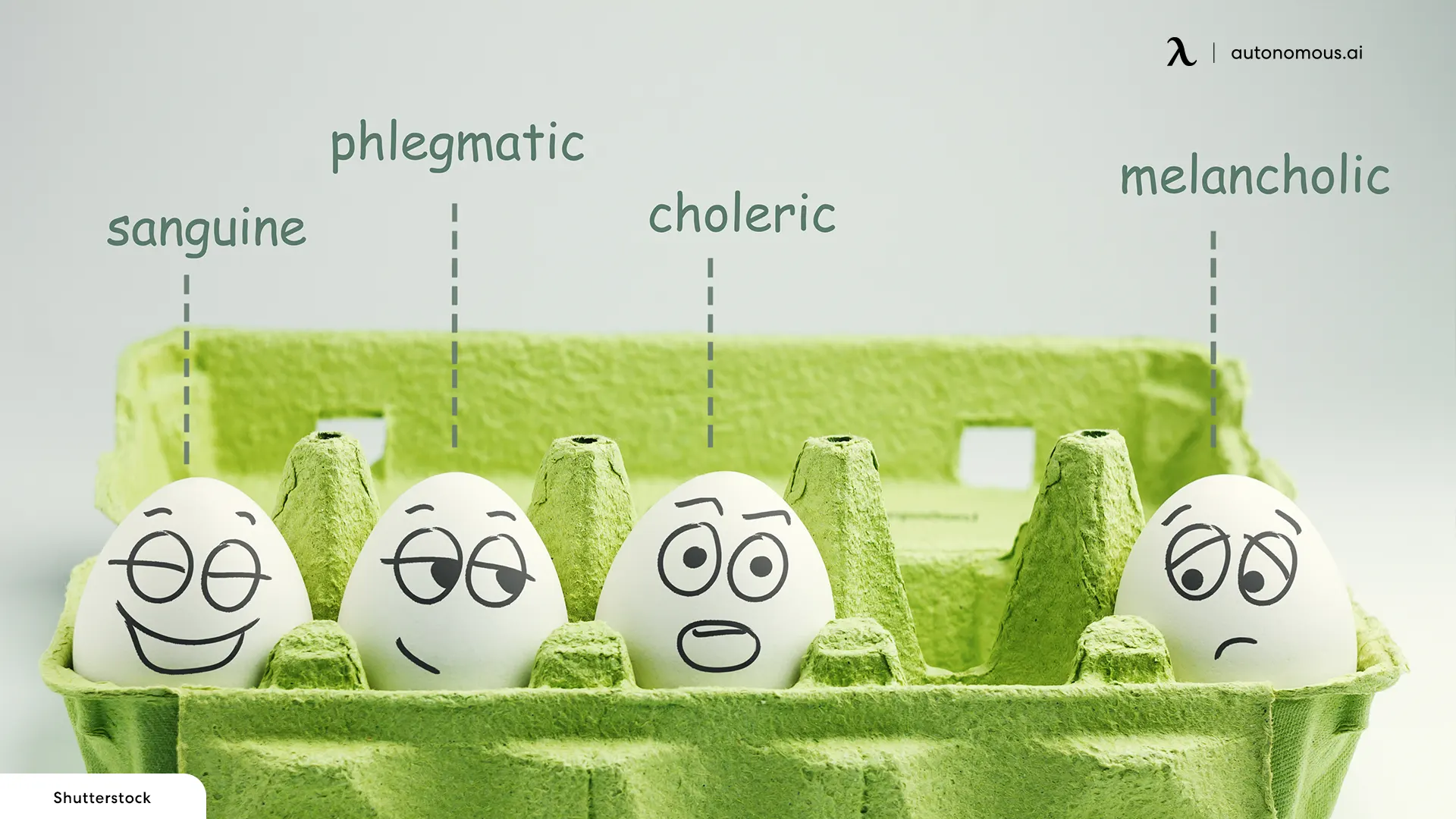
Understanding Different Temperament Types in the Workplace
Table of Contents
Office work becomes easier when you have a better collaboration with your colleagues. However, the tendency for good interaction depends largely upon how well you know each other. Therefore, it is crucial for any office worker to understand the behavior and temperament types of their colleagues.
Personalities and temperaments vary widely from person to person and affect the overall behavior of anyone at work. The reason behind that is different temperament types have different effects on the way one processes and performs any task at work. So, it won’t be wrong if we say that knowing the different personality types at work is a must to enhance collaboration.
As far as teamwork is concerned, you are aware of why teamwork skills are important, so you have a know-how of its benefits. A better team is an outcome of a supportive work environment, and a supportive work environment is created when you understand each other well. It all boils down to having better knowledge about the different personality types in the workplace.
Today, we will be discussing everything that you need to know about the different temperament types to understand your colleague well. We will begin with the origins of different personalities and temperaments and then dive into the details, such as the characteristics and traits of each. So, let’s begin!
Brief Overview of the Origins of Different Temperament Types
The origins of temperaments can be dated back to the early Mesopotamian civilization, but it was the Greek physician Hippocrates who proclaimed it to be a medical theory for the first time. It is due to this reason that some books refer to temperaments' origins in Graeco-Arabic medicine.
Hippocrates suggested that a fluid named humor triggers the way anyone behaves or feels. He suggested that the humor was of four types: yellow bile, black bile, phlegm, and blood. Hippocrates' theory suggested that the fluids were distinctive in terms of the way they made anyone feel emotions or the way they behaved.
Other physicians, like Galen, referred to temperaments as seasons, such as dry/wet and hot/cold. The physicians were in search of the perfect personality while searching for them. Finally, Hippocrates' fluid-led temperaments were classified into four main categories named Phlegmatic, Choleric, Melancholic, and Sanguine.
Even nowadays, you will find people mainly having one of these four temperaments. That’s why understanding their characteristics and traits will make it easier for you to understand your coworker.

Famous Types of Personalities or Temperaments
Below we have discussed the characteristics and traits of all temperament types to help you understand your colleague better. Some people might have a combo of two different personality temperament types, so let’s explore them all.
1. Sanguine
If your colleague is quite gregarious and loves hanging around with other office workers, they have the Sanguine trait. Sanguines are extroverts who find it pretty easy to socialize with anyone. Are you one of them too? Well, anyone can have the Sanguine trait because it is not restricted to a particular gender.
People with Sanguine temperaments are broad-minded geniuses because they know something about everything. You name it, they know it! So, conversations are always lively with these colleagues. The good thing about people with a Sanguine temperament is that everyone feels comfortable around them. Breaking the ice is not a difficult task for a Sanguine.
Nevertheless, on the downside, these people are often unorganized and have a short attention span. Their hyper-energetic nature makes them forget things easily, but they are always afraid of getting rejected.

2. Phlegmatic
The Phlegmatic temperament is the opposite of Sanguine. People with a phlegmatic temperament are introverts who find it challenging to gel well in groups. Although they are dedicated to working together to create a productive work environment, people with phlegmatic temperaments find it difficult to socialize.
Although people with a phlegmatic temperament have an easygoing nature, they are rarely emotional. You will usually find them calm and composed at work. The negative part about a person with a phlegmatic temperament is that they are indecisive and usually prefer if other people take decisions for them. They usually like following a routine and discourage change and innovation.
They usually love a quiet lifestyle that is centered around their families. Phlegmatic people are never the initiators in any conversation because they don’t like interactions much. The bad part about having a phlegmatic friend is that they never come back to mend a relationship or friendship when you break up. The reason for that is a lack of communication skills in these people.

3. Melancholic
The melancholic folks are not depressed as you might think; these people love details and knowledge. You will find them keeping a keen check on the quality of their work, and they are more like a perfectionist.
If you ask us to define melancholics in three words, it would be realistic, analytical, and introverted. These people are not as social as the Sanguines, and their arguments are only logic driven. Overall, they love creating and following a plan religiously, as that keeps them organized.
4. Choleric
You won't find choleric folks often; they are the people who have a temperament that's goal-driven. People with choleric temperament possess an unmatchable focus, so once they have set their goal, they make sure they achieve it. The best part about these people is that they are self-confident and extroverted, so it is not hard to talk to a choleric.
However, their communication skills make them so bold that, at times, they may sound rude too. You would never find a choleric colleague tired or dull as they are always packed with energy to work on their goals. But these folks get bored easily. Overall, they have an assertive tone and are mostly goal-getters.

Endnote – How to Interact with Any Temperament Type
Learning how to interact with the above temperament types is as important as knowing each of them. But it is quite a simple task too. You are only required to stay humble and kind to your coworkers.
What we mean by that is that you must create a conducive work environment where folks with sanguine temperaments do not alienate the ones who are phlegmatic. Things will get further better if you avoid miscommunication in the workplace. You must be aware of the triggers of personalities and temperaments by now, so learning what behavior to adopt will become much easier to avoid different types of conflicts at the workplace.
Now, if you are interested in bringing in some new office furniture for your choleric, melancholic, phlegmatic, and sanguine folks, you should consider Autonomous. We have recently started an employee purchase program that is designed to offer you multiple discounts on office furniture and desk accessories purchases. You must sign up for this program to avail its perks. The signing-up procedure, however, is quite simple. You must create an account using your corporate email under this program, and you will be good to go!
Spread the word
.svg)







